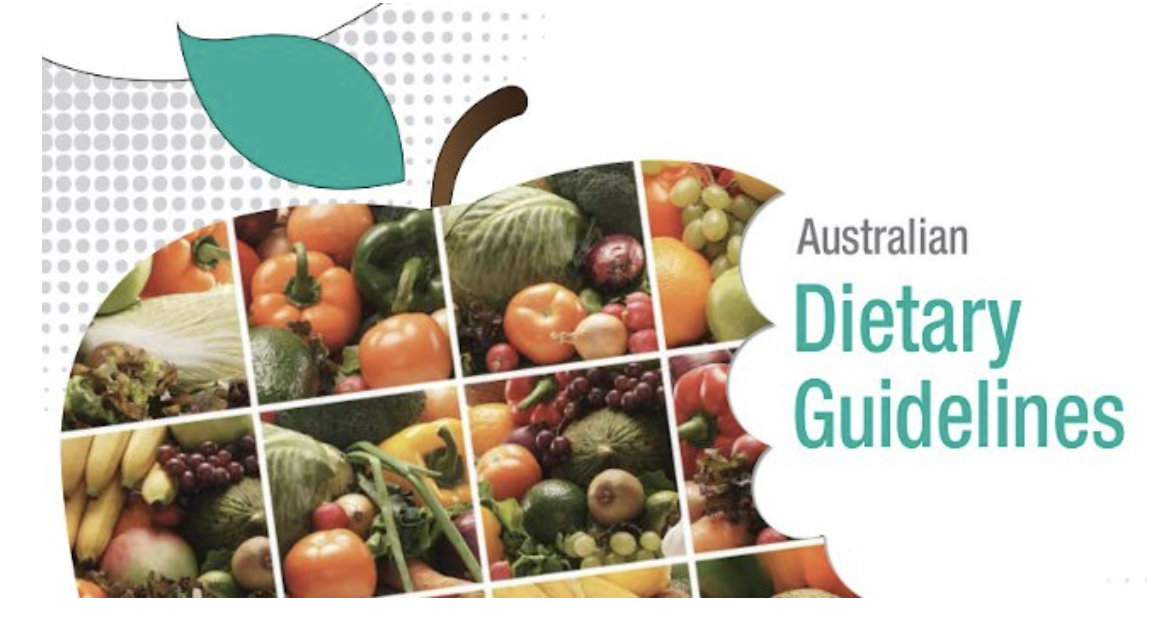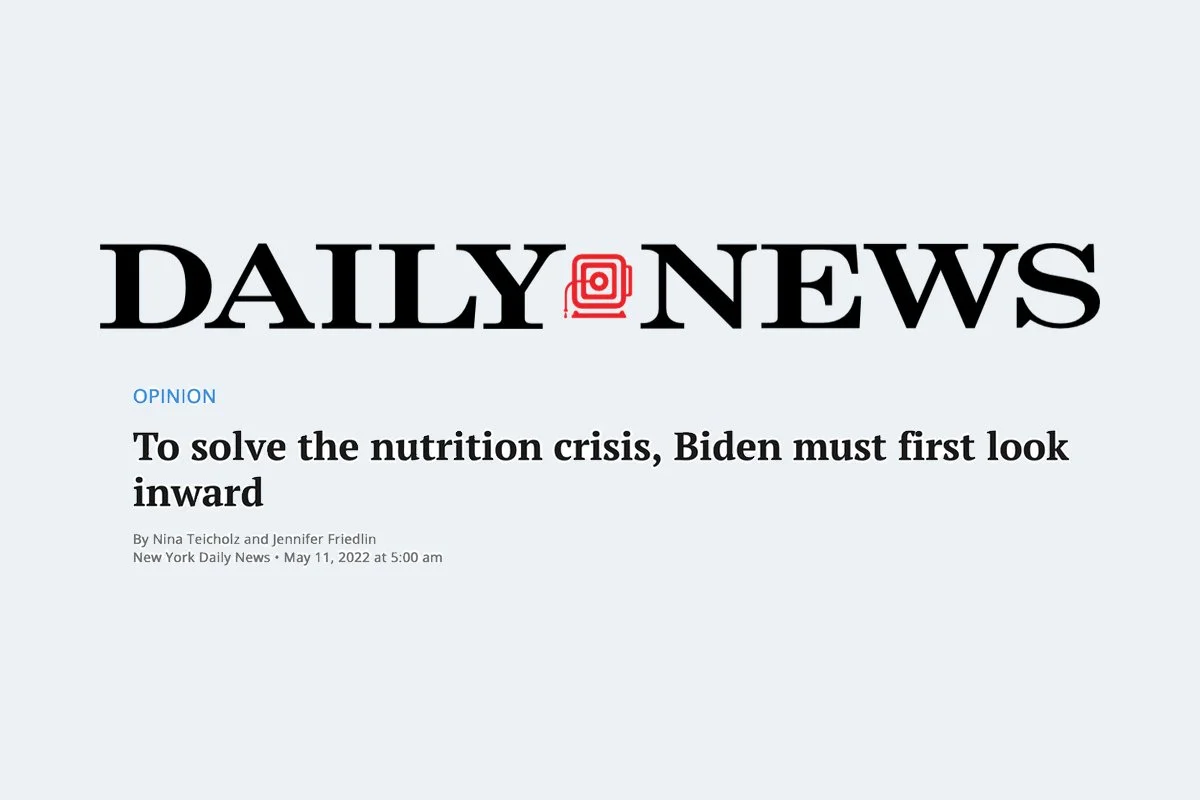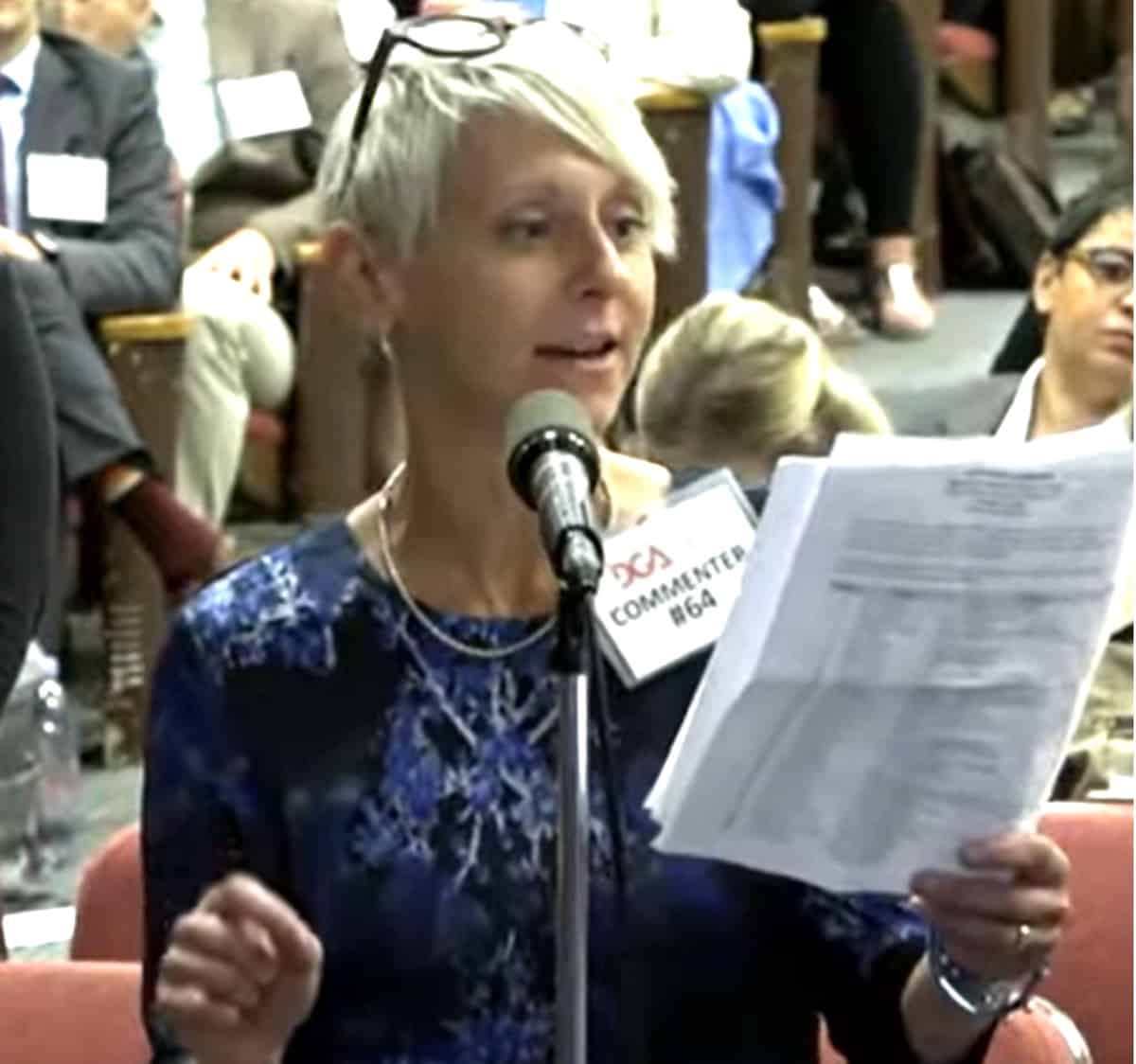
Sugar-Loaded USDA School Meals
The vast majority of US school meals exceed recommended sugar limits. 92% of school breakfasts and 69% of school lunch meals were found to be excessively high in added sugars. Flavored, fat-free milk, such as strawberry and chocolate milks, were a major source of added sugars in school meals.
New Conflicts of Interest Data on US Dietary Guidelines Committee
New data has been released related to a paper earlier this year which found that 95% of the members on the expert committee for the 2020 U.S. Dietary Guidelines had conflicts of interest with the food or pharmaceutical industries. Details on these ties, with individual company names and links for each committee member, are now available.

Dietary Guidelines are Unscientific, Outdated
Why do kids in public schools get served donuts and orange juice for breakfast, a meal guaranteed to send blood sugars soaring, rather than a sugar-free, protein-rich option, like scrambled eggs? The unfortunate answer is that the donut meal accords with our nation’s top nutrition policy, the U.S. Dietary Guidelines for Americans, which despite its influence has been found by a new study to contain outdated science and not reflect the “preponderance of scientific and medical knowledge,” as required by law.

Australian Dietary Guidelines Update - Business as Usual?
A review of the Australian Dietary Guidelines (ADG), launched in 2020, could be strongly incentivized to endorse the status quo.

Nutrition Coalition joins with Metabolic Health Practitioners for White House Conference Proposal
The Nutrition Coalition (TNC), together with the Society for Metabolic Health Practitioners (SMHP), today submitted a proposal to the White House Conference on Hunger, Nutrition, and Health.

Teicholz Reports: USDA Ignoring the Science on Low-Carb Diets
Here is the recent history showing that the U.S. Departments of Agriculture and Health and Human Services, the federal agencies that co-issue the Dietary Guidelines for Americans, have consistently and willfully ignored the large body of scientific literature on low-carbohydrate diets.

Dietary guidelines input focuses on low-carb, sustainability, food processing
The next version of the Dietary Guidelines for Americans needs to take a close look at the effectiveness of low-carb diets, most commenters told the federal agencies putting together the 2025-2030 DGA.
77% of Comments to USDA-HHS Call for Review of Low-Carb Science
Calls for a review of the science on low-carbohydrate diets dominated responses to the U.S. Departments of Agriculture and Health and Human Services (USDA-HHS), during a public comment period asking for feedback on the development of the science for the next Dietary Guidelines for Americans.

To Solve the Nutrition Crisis, Biden Must First Look Inward
If the White House wants to reduce the prevalence of diet-related diseases, it should follow the lead of the AHA and ADA and reevaluate the Dietary Guidelines for Americans to offer an alternative for the 50% of Americans with diabetes or prediabetes, not to mention other diet-related diseases.

Nutrition Coalition Mourns the Loss of Dr. Sarah Hallberg
Members of the Nutrition Coalition deeply mourn the loss of Dr. Sarah Hallberg, who served as the head of our group’s scientific council and was also a member of the governing board.
